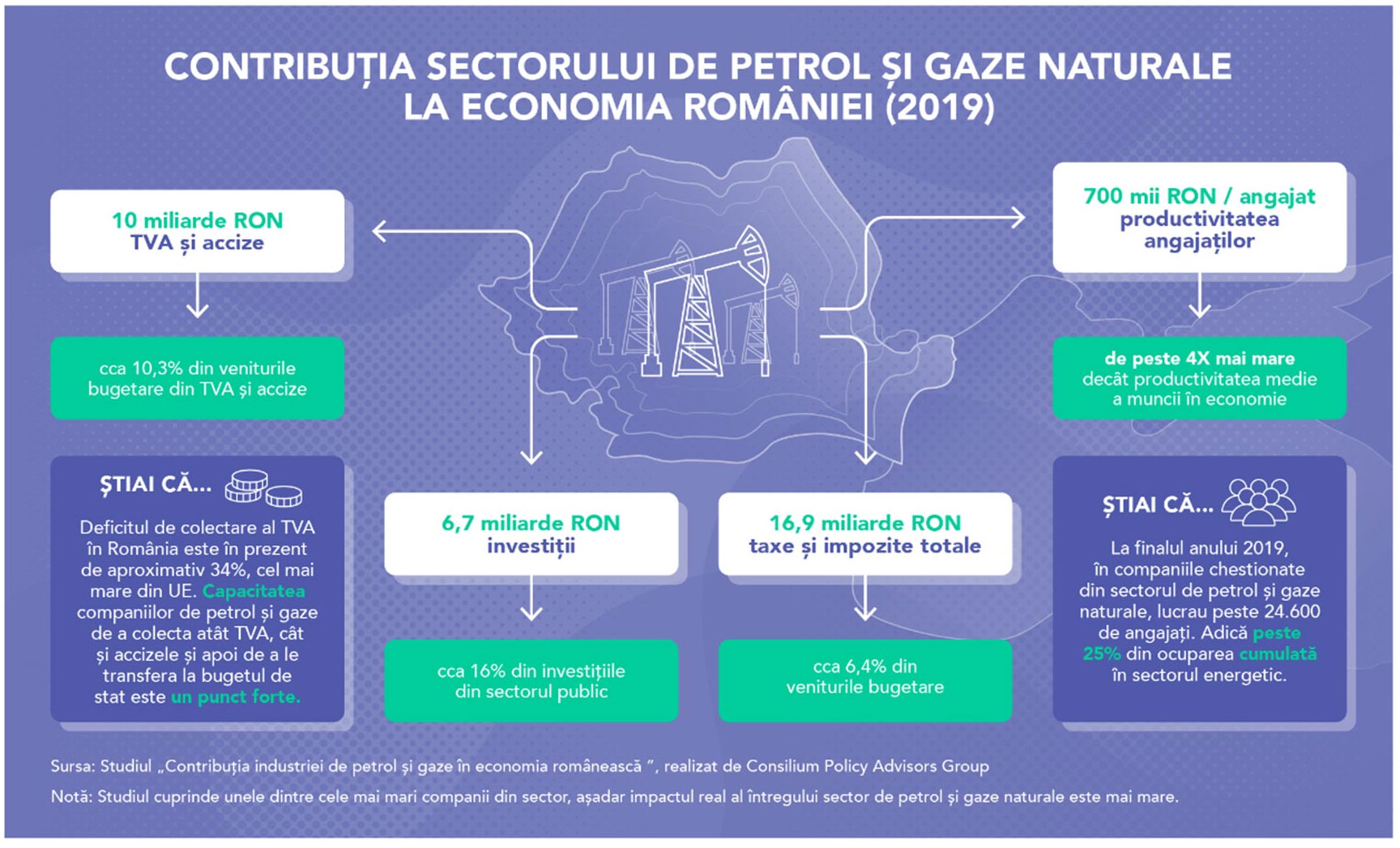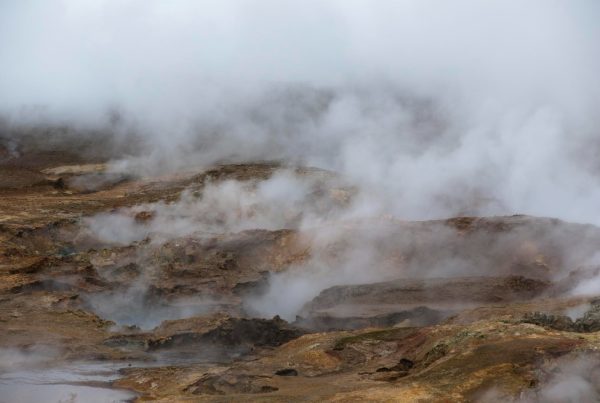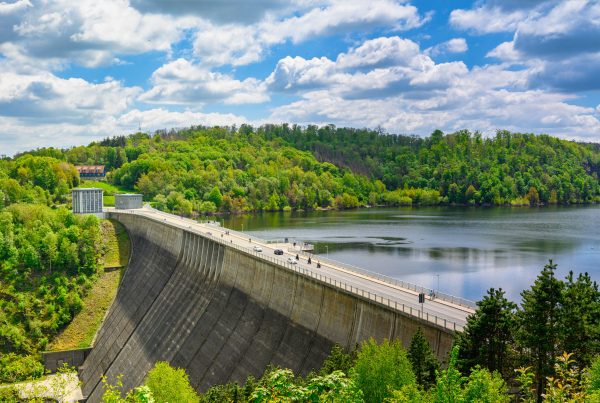Local oil and gas resources have contributed to the development of the Romanian economy and society for more than 100 years. Thanks to these resources, Romania has been able to boast European firsts, such as the first European city lit by natural gas, or the first natural gas pipeline in Europe. Today, this industry remains one of the main supporters of the local economy.
The main benefits are: significant revenues to the state budget, numerous medium and highly skilled jobs, high long-term investments, energy security, to list the most important. The study "The contribution of the oil and gas industry to Romania's economy" by Consilium Policy Advisors Group (CPAG) analyses the significant contribution this sector has made to the economy between 2017 and 2019. The analysis considered only some of the largest companies in the sector - 15 companies respectively, on a sample considered representative. So the real impact of the entire Romanian oil and gas sector on the economy is even greater.
The infographic below summarises this major contribution:
- 1 in 10 lei collected by the state from VAT and excise duties came from the 15 oil and gas companies analysed.
- More than 1 in 4 employees in the energy sector comes from the oil and gas sector, from the companies analysed.
- For every 6 lei invested in the public sector, 1 lei was added invested by the oil and gas sector in 2019.
VERTICAL AND HORIZONTAL DEVELOPMENTS. EXTENDED BENEFITS IN THE ECONOMY
Thus, the contribution to the economy of the companies surveyed was 1.8 - 2% of GDP per year between 2017-2019. This means, if we analyze compared to other giant sectors in the economy:
- 40% of the contribution agricultural sector GDP
- 32% of the contribution IT&C sector GDP
- 67% of the contribution financial intermediation and insurance sector GDP
All these aspects mentioned so far reflect only part of the economic and social benefits generated by this sector. The picture is much broader and in order to outline it, it is necessary to consider in addition to direct impact and the indirect (which is measured as the added value that appears throughout supply chain) and indus (value added resulting from household labour expenditure and income derived directly or indirectly from oil and gas industry expenditure).
Analysed in this way, the total impact (i.e. including indirect and induced effects) is significant: representing between 5.3% and 5.9% of annual GDP over the period analysed, according to the CPAG study. This means a multiplier effect of about three times the contribution of this sector to the economy. To exemplify the indirect effects: if we are among the first to develop deep offshore projects, Romania has the chance to create a technological hub in Constanta to serve other exploitations - from Turkey, Bulgaria or other Black Sea countries.
A final very important benefit to mention is the contribution to the country's energy security. Thanks to its own resources, Romania has one of the lowest levels of dependence on natural gas imports in the EU, with a significant impact in reducing import bills. However, production does not fully cover domestic consumption needs and Romania's dependence on natural gas has increased significantly in recent years, from 2% in 2015 to 24% in 2019, according to the CPAG study. For the future, the same upward trend is expected - especially as, under pressure from rising environmental costs due to pollution, the government is supporting the development of natural gas-fired power generation to replace old coal-fired power plants and to balance the growth of renewable energy capacity with variable output.
LEGISLATIVE BARRIERS TO THE DEVELOPMENT OF PRODUCTION. THE MYTH OF INFINITE RESOURCES
On the other hand, In all its complexity, the oil and gas industry is a living "ecosystem", affected when the balance between the industry's need for development on the one hand and legislative decisions on the other is out of balance. Next there are legislative barriers to the development of productionsuch as the lack of access to digital working tools, as the industry has long been calling for unlocking the digitisation process in this sector by updating the legislative framework to technological progress (read more HERE).
Also, increasing the tax burden for the gas sectorThe decrease in production, after the adoption of GEO 114/2018, led to lower production and thus lower royalties collected to the state budget. It should also be mentioned procrastination of the amendment of the Offshore Lawwhich would unlock billions of euros of investment needed to start production in the Black Sea, offsetting the decline in domestic onshore reserves.
Vasile Iuga, one of the best known and appreciated experts in the energy sector, recently pointed out that "One of the myths we live with in this country is that we have an infallible energy system that can tolerate any wrong decision and any delay of strategic decision."
"We live with the illusion that we can be the regional hub, projecting prosperity and influence in the region, but we ended up importing 20% of our natural gas needs. Without the exploitation of Black Sea resources we are estimated to import 40% of natural gas consumption. When you import, you pay taxes in another country, you pay for labour in another country, prosperity in another country", said Vasile Iuga, at the event "The Black Sea in the New Economy" (details, HERE).
He gave the example of British politicians, who over time have believed that North Sea hydrocarbon production "can withstand any excesses of politicians". They have loaded the sector with taxes in such a way that investment has collapsedt, and British North Sea hydrocarbon production decreased by 65%, It was only when they saw that it collapsed that they revised the regulatory and tax framework," added Vasile Iuga.
Romania is currently facing a similar problem. We live with the myth that Romania earns very little from the exploitation of oil and gas resources. However, taxation for offshore investments is far too high and uncompetitive, which blocks investment.
So it is not enough to have these natural resources. Romania can continue to develop a national industry with a tradition of over 100 and which can continue to play an active role in supporting the local economy. But, remembering the saying "God gives, but does not take", it is up to all of us to use these resources for the benefit of the country and its citizens.






